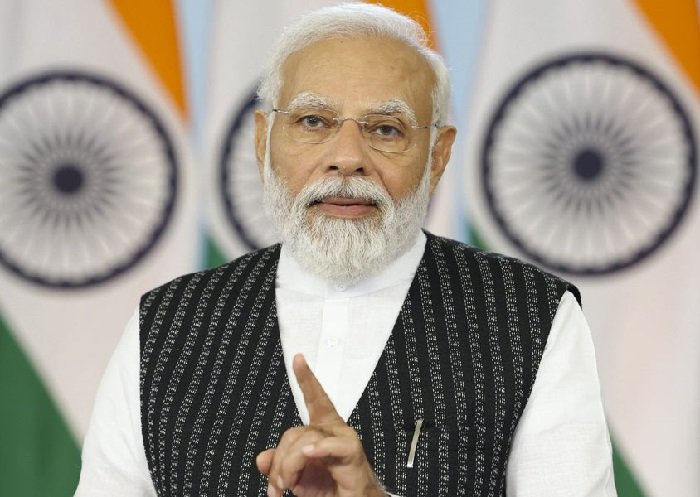India and the European Free Trade Association (EFTA) recently sealed a significant free trade agreement aimed at bolstering investments and enhancing exports across key sectors. This landmark pact, known as the India-EFTA Trade and Economic Participation Agreement (TEPA), holds the promise of fostering closer economic ties between India and the four European nations comprising the EFTA – Iceland, Liechtenstein, Norway, and Switzerland.
Prime Minister Narendra Modi lauded the efforts of negotiators and signatories involved in finalizing the TEPA, emphasizing the deal’s innovative and well-balanced nature. He remarked that the agreement underscores the steadfast commitment of India and the EFTA nations to shared prosperity and inclusive partnership, aligning with their respective developmental aspirations.
The TEPA signifies a mutual commitment to open, fair, and equitable trade, with a focus on generating growth and employment opportunities, particularly for the youth. Prime Minister Modi highlighted the complementarities between India’s rapidly evolving economy and the EFTA’s global leadership in various domains, including innovation and research and development (R&D).
Over the past decade, India’s economy has undergone a remarkable transformation, ascending to become the fifth-largest globally. The TEPA reflects India’s ambition to further propel its economy, aiming to secure the position of the third-largest economy in the world. Through extensive reforms, India has enhanced its business environment, manufacturing capabilities, and export potential, positioning itself as an attractive destination for foreign investment.
The TEPA offers several significant benefits for both India and the EFTA nations. Under the agreement, EFTA countries have granted duty-free access to a wide range of Indian products, including animal products, fish, processed food, and vegetable oils. Additionally, EFTA member states have committed to investing $100 billion in India over the next 15 years, with the potential to create approximately one million jobs. These investments are expected to fuel economic growth and contribute to job creation across various sectors in India.
Negotiations for a trade treaty between India and the EFTA bloc commenced over a decade ago, reflecting the mutual desire to deepen economic cooperation and strengthen bilateral ties. The signing of the TEPA marks a significant milestone in the journey towards closer economic integration between India and the EFTA nations.
The TEPA has been welcomed as a positive development by business leaders and policymakers, who view it as a testament to the growing economic partnership between India and the EFTA. The agreement is expected to boost trade and investment flows, enhance market access, and create new opportunities for businesses on both sides.
However, some trade experts remain cautious about the potential challenges and limitations of the TEPA. Despite the preferential market access offered by EFTA countries, India’s agricultural exports may face hurdles due to stringent quality standards and non-tariff barriers. Additionally, the composition of India’s exports to Switzerland, which predominantly consists of industrial goods subject to zero tariffs, may limit the scope for significant expansion in trade volumes.
To fully capitalize on the opportunities presented by the TEPA, stakeholders will need to address these challenges and explore avenues for collaboration and cooperation. Efforts to enhance trade facilitation, streamline regulatory processes, and promote greater market access will be essential to realizing the full potential of the agreement.
Overall, the India-EFTA Trade and Economic Participation Agreement represents a significant step forward in strengthening economic ties between India and the EFTA nations. By fostering greater cooperation and collaboration, the agreement has the potential to unlock new avenues for trade and investment, driving economic growth and prosperity for both sides.
